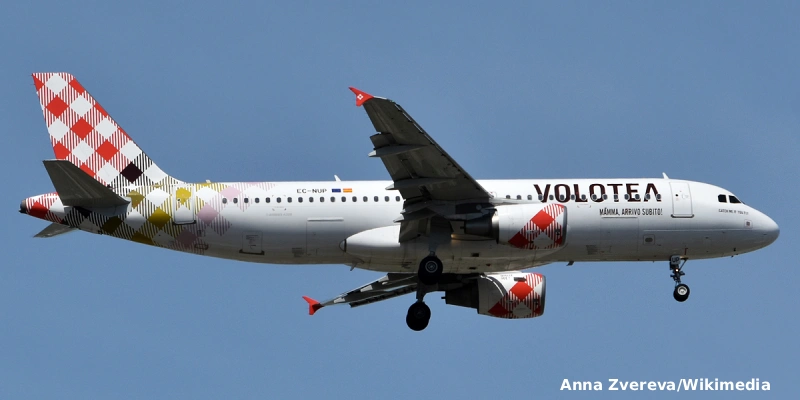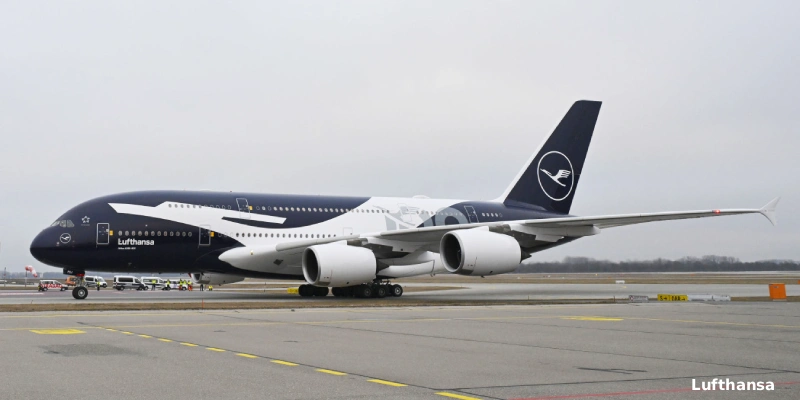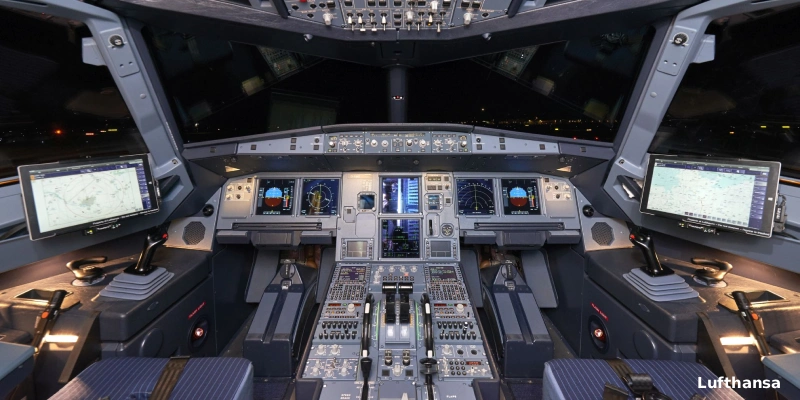Boeing has returned a more “dynamic” production rate for its 737 MAX, following years of delays and setbacks, according to Olivier Andries, CEO of Safran, a key engine supplier.
Currently, the production cap set by U.S. regulators for the 737 MAX stands at 38 units per month, following the January 2024 incident where a panel detached mid-flight on a nearly new MAX aircraft. Doug Ackerman, Vice President of Quality at Boeing Commercial Airplanes, confirmed on Tuesday that the company expects to stabilize this figure in the coming months.
CFM’s Strategic Role in the Recovery
Safran, in partnership with GE Aerospace, co-produces the LEAP engines through their joint venture, CFM International. These engines power all Boeing 737 MAX aircraft and also compete with Pratt & Whitney’s engines for the Airbus A320neo market.
While Safran celebrates Boeing’s progress, other industry voices remain cautious. Peter Barrett, CEO of SMBC Aviation Capital—one of the world’s leading aircraft leasing companies—stated that both Boeing and Airbus have made strides but still have work to do to achieve a stable and predictable production cycle.
→ Boeing Doubles Aircraft Deliveries in April
Pressure on the Supply Chain
The increased demand for engine maintenance services is a direct consequence of delays in new aircraft manufacturing. Andries explained that bottlenecks in the aerospace supply chain have been a key factor in this surge.
In Airbus’s case, CFM was identified as one of two suppliers slowing down production increases during the first half of the year. However, CFM expressed confidence in its ability to accelerate the pace starting in the second quarter. It’s worth noting that the LEAP engines for Boeing and Airbus differ significantly in size and components.
RISE: The Future of Cleaner Aviation
Safran also shared encouraging updates on the development of its next-generation engine. Wind tunnel tests and other trials for the RISE program are yielding promising results. This new design aims to reduce fuel consumption and emissions by 20%, a key step toward more sustainable aviation.
Boeing’s production rebound, coupled with the technological advancements of its suppliers, marks a critical phase for the industry. While logistical and regulatory challenges persist, recent developments point to a sustained and forward-looking recovery.
Related Topics
Volotea Resumes Its Menorca-Verona Route Starting in August
Lufthansa Unveils Airbus A380 with Special Livery to Celebrate Centenary
ITA Airways to Allow Pets Up to 30 kg in Cabin on Domestic “Large Pet Friendly” Flights
Lufthansa Implements “IATA Turbulence Aware”: Real-Time Data to Enhance Turbulence Management

Plataforma Informativa de Aviación Comercial con 13 años de trayectoria.




